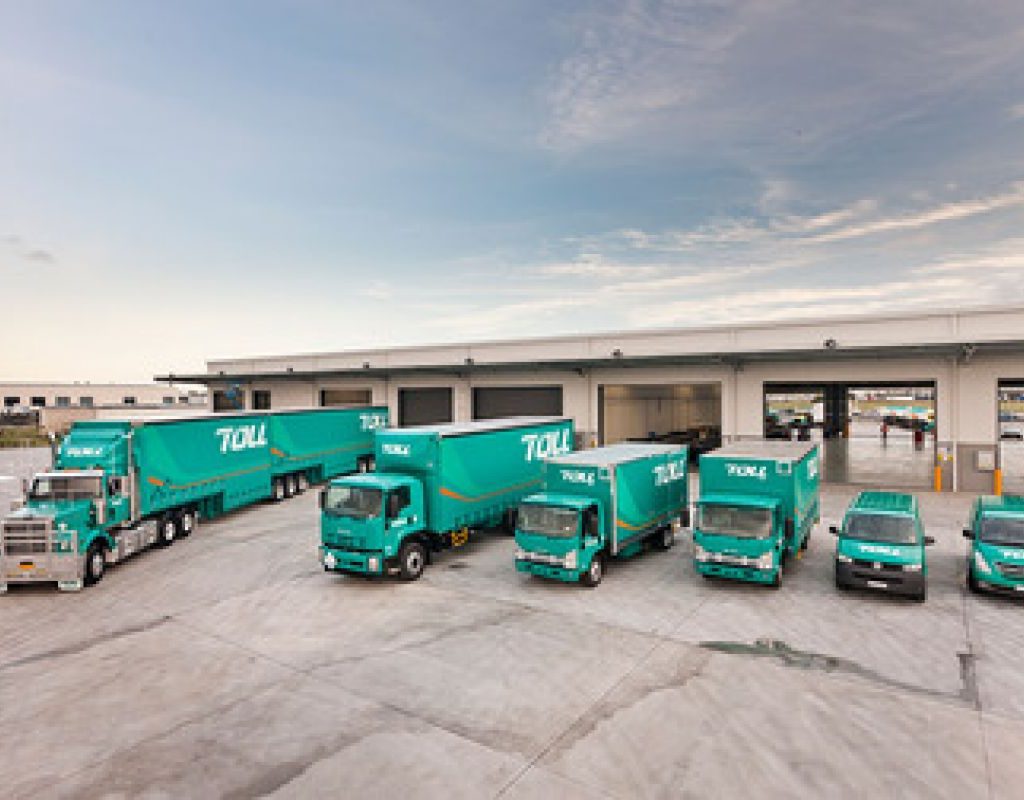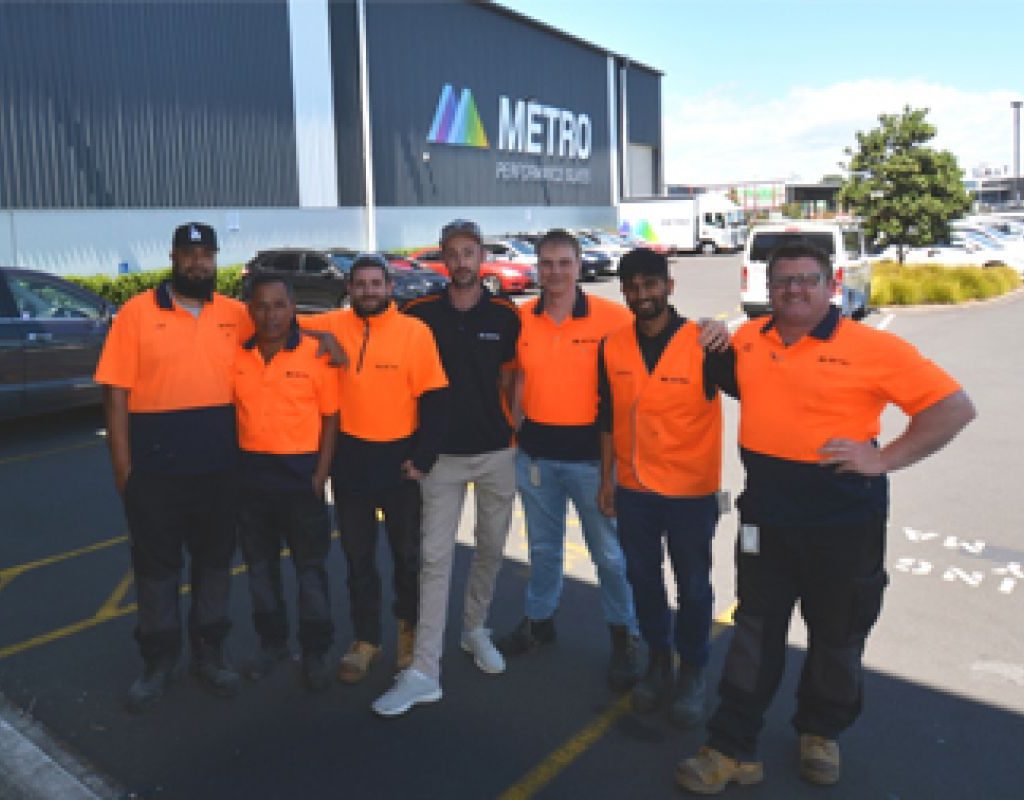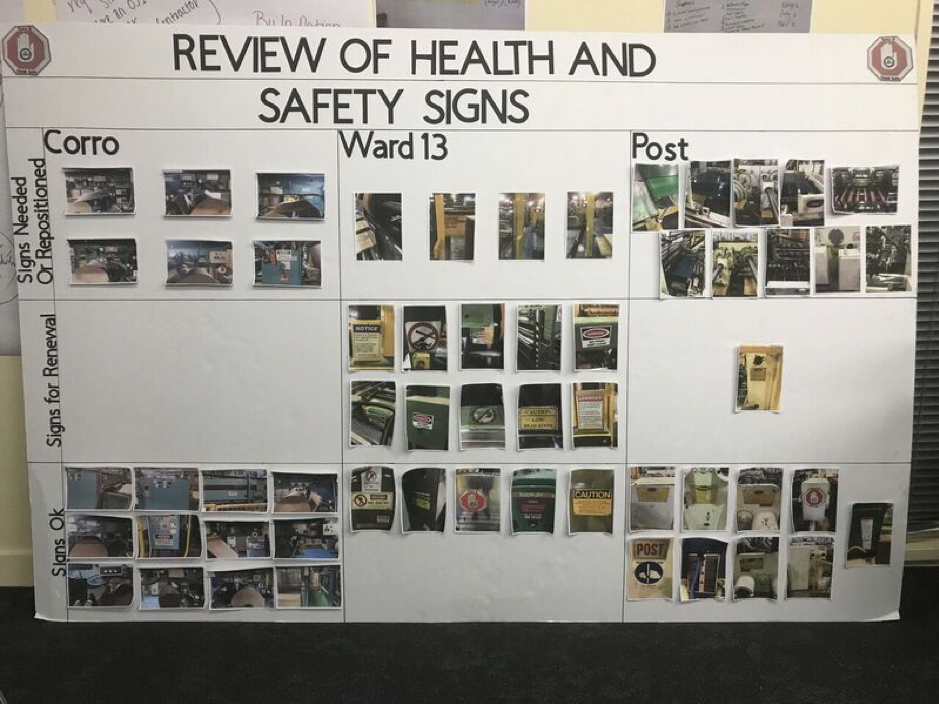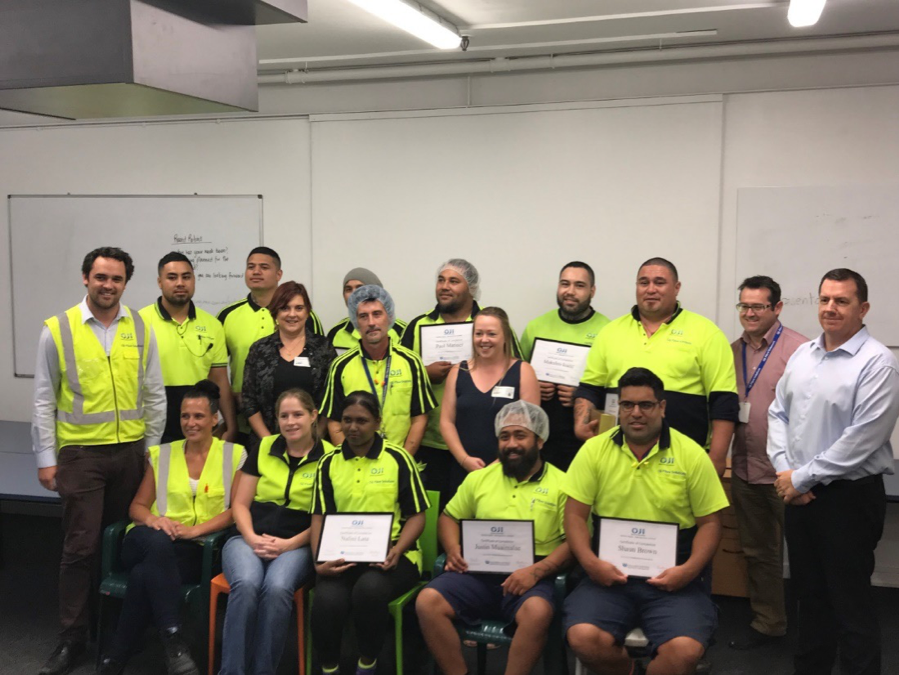The challenges of COVID-19 couldn’t stop NZ Post from nurturing their staff’s leadership skills and the organisation’s culture of continuous improvement.
With a large workforce handling complex logistics on a daily basis, it’s essential for NZ Post’s Auckland Mail Centre to ensure staff stay up-to-date with the latest workplace skills. That’s why the mail centre started running two training programmes for team leaders and operational staff in late 2019, with the support of the Tertiary Education Commission’s Workplace Literacy and Numeracy fund. The courses are provided by Edvance and focus on continuous improvement and leadership.
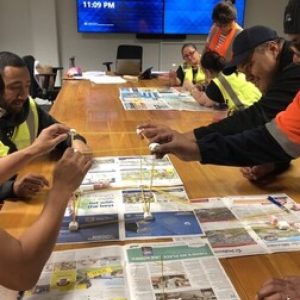
Participants in a leadership programme work together on a model challenge.
Embedding a continuous improvement culture
The first programme, Continuous Improvement, is designed to embed this mentality in the mail centre’s workforce and provide an opportunity for staff to contribute ideas towards continuous improvement.
A total of 37 staff are taking part in the 25-week programme, which centres around participants developing a project based on a specific issue at NZ Post, using the lean A3 problem-solving model.
Just halfway through the programme, the learners found it an empowering experience, especially thanks to having their voices heard. Staff were encouraged to not only identify manageable issues that affected their day-to-day work, but also proactively come up with solutions.
In addition to soft, transferrable skills, many participants also picked up key technical competencies along the way. For instance, some had no PowerPoint skills before starting the programme. Many have also had the opportunity to improve their digital skills and their ability to use data to understand an issue and measure improvements.
Fostering leadership capability
Running concurrently with Continuous Improvement, the Skills for Leaders programme is aimed at developing team leaders with the tools and skills required to effectively manage their teams. Upon the completion of the two-year programme, learners are awarded the New Zealand Certificate in Business (Introduction to Team Leadership) (Level 3).
Core skills covered by the programme include workplace communication; communicating with people from other cultures; developing and applying team building processes; understanding quality management principles; and applying a problem-solving model to an issue at the Auckland Mail Centre.
Participants have already seen improvements in the way they conduct their daily team briefs, improving processes, and their awareness of communicating with staff of other cultures. The knowledge and skills are not only being applied at the workplace but also on a personal level, which the team leaders find very rewarding.
Importantly, the two programmes at NZ Post have reaped benefits on a synergistic level, with participants across the programmes complementing each other through their newfound skills. For instance, the team leaders are supportive of the Continuous Improvement programme and have been keen to assist to ensure everyone is on board with NZ Post’s vision of having every employee equipped with the awareness and knowledge of a lean culture, ensuring the business’s sustainability.
“The sense of empowerment [the learners] gain through the programme is huge. Having those who do the doing, knowing they have the skills and confidence to change their work world, is like having a tiger by the tail for the leaders,” Rory says.
“The team have the skills to know how to fix things, so they want to do exactly that! It makes for an exciting culture for sure.”

